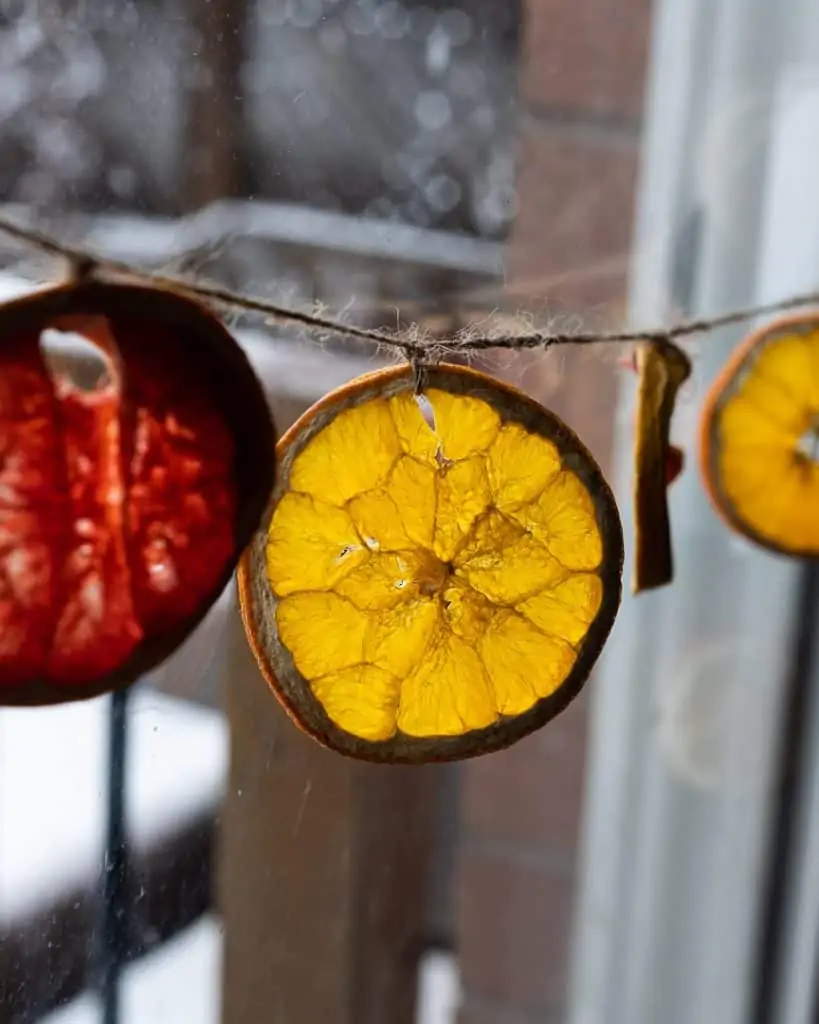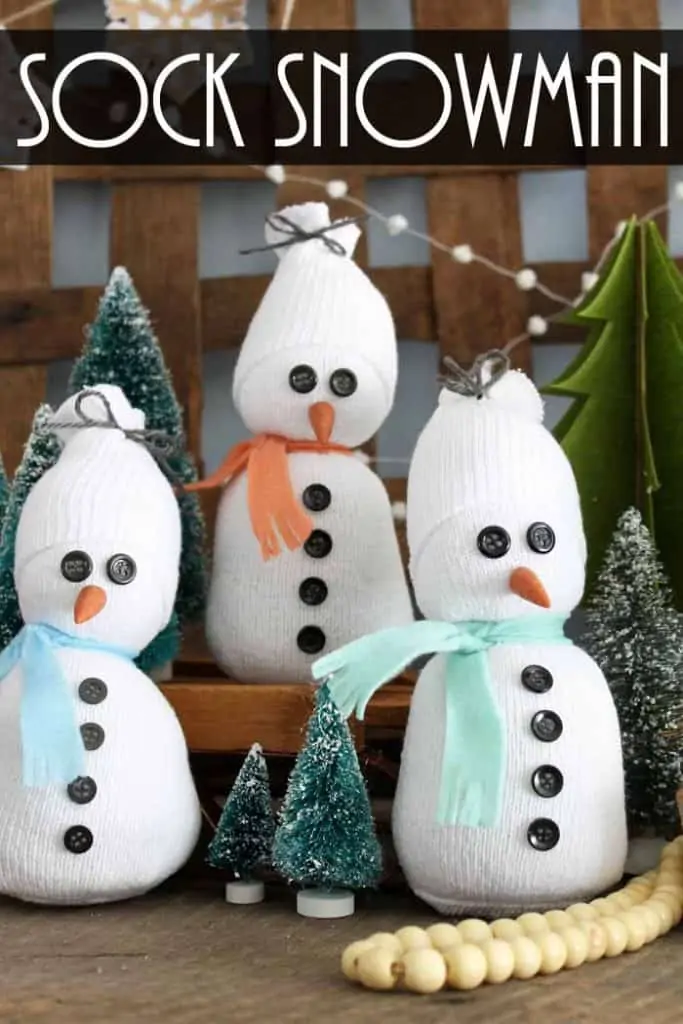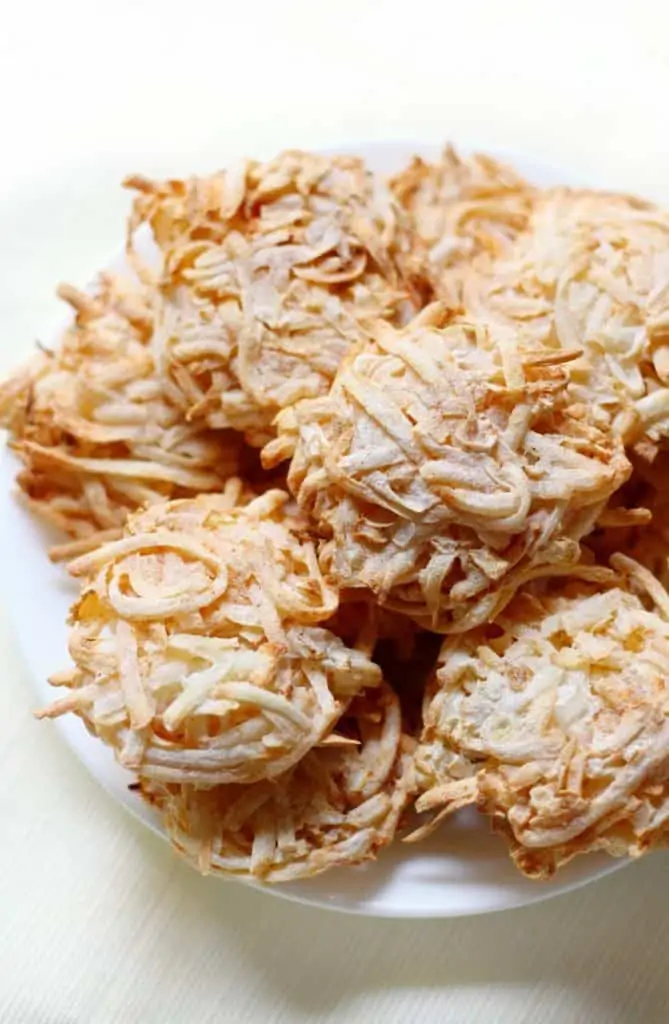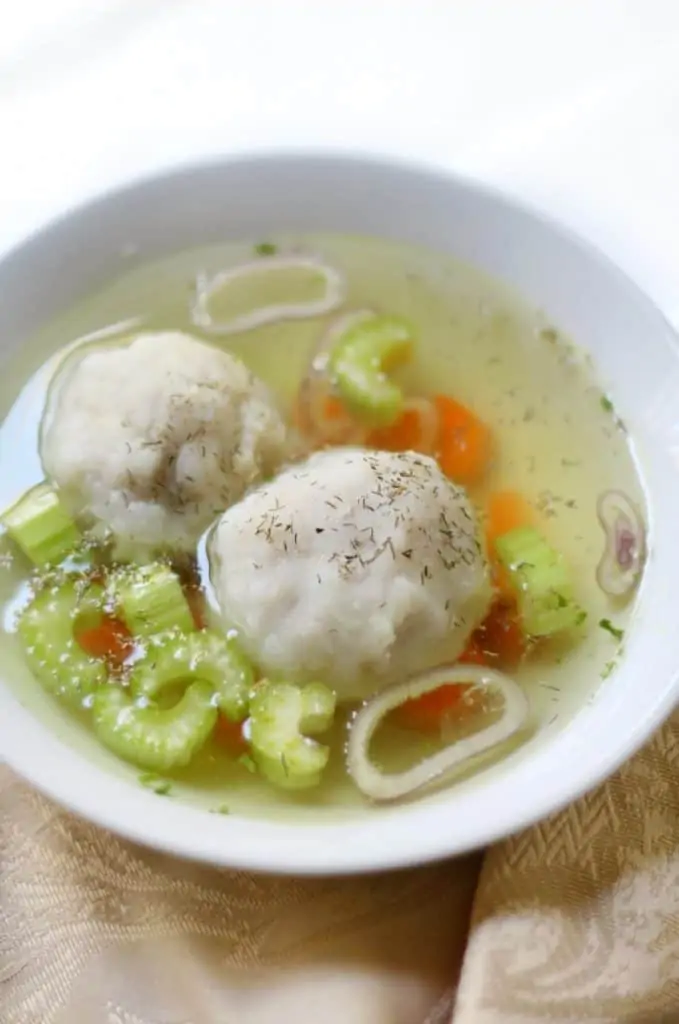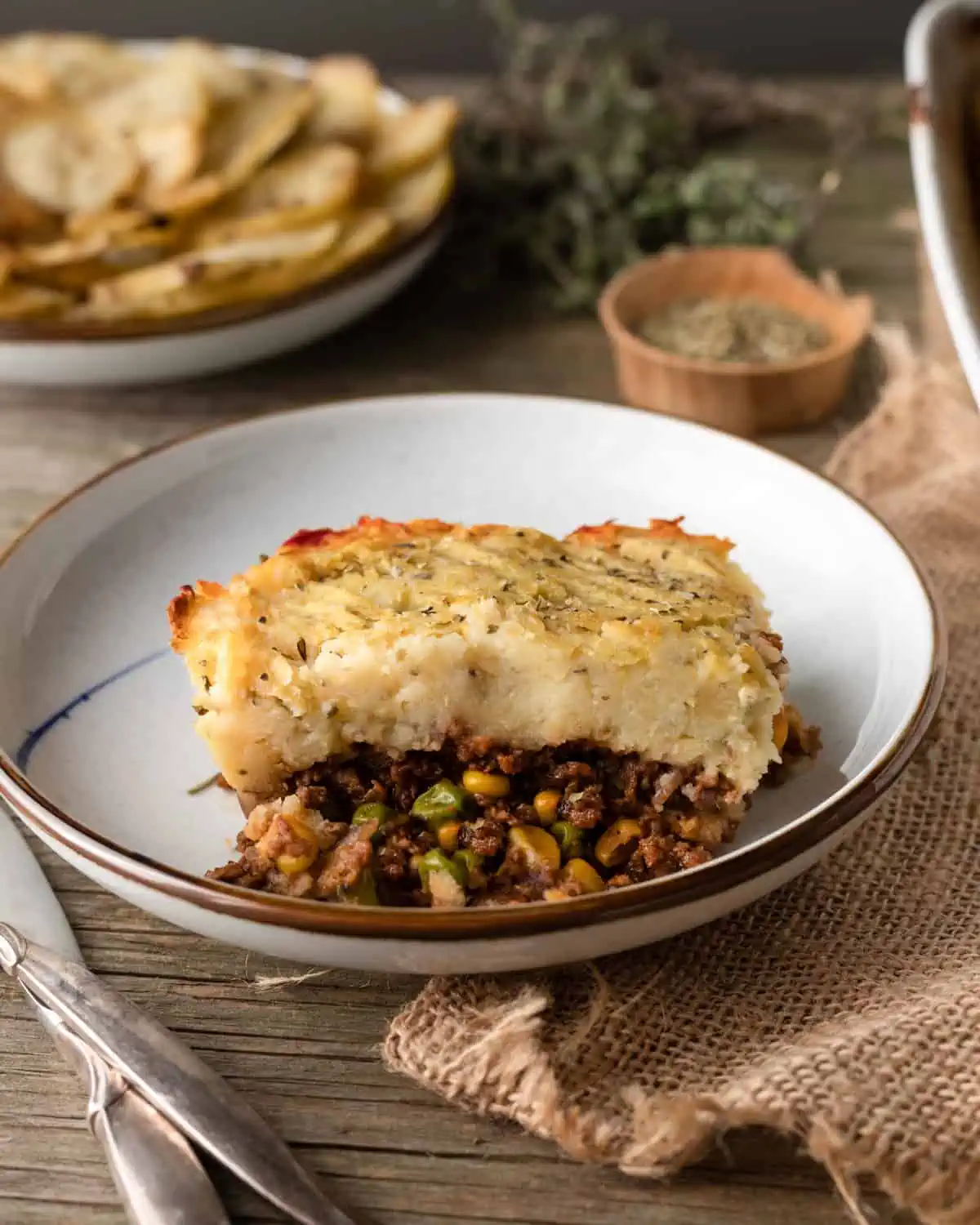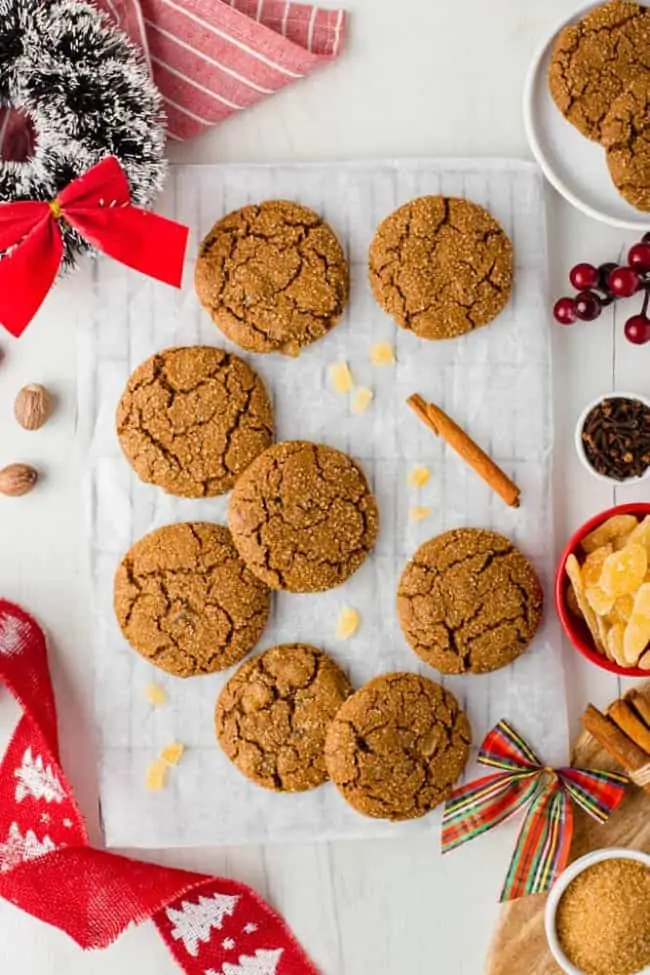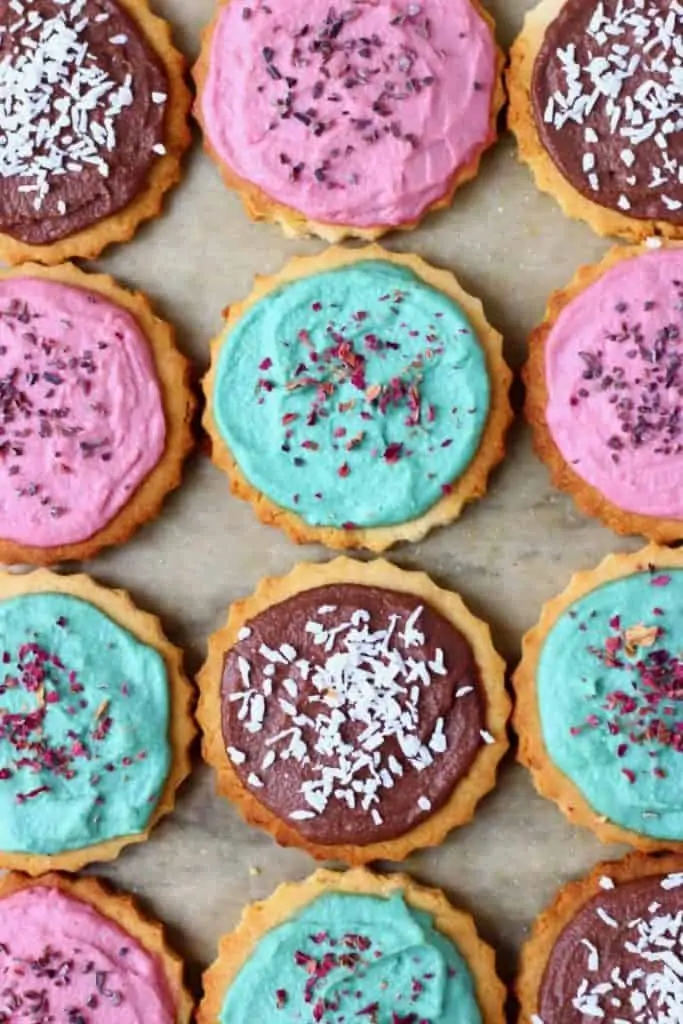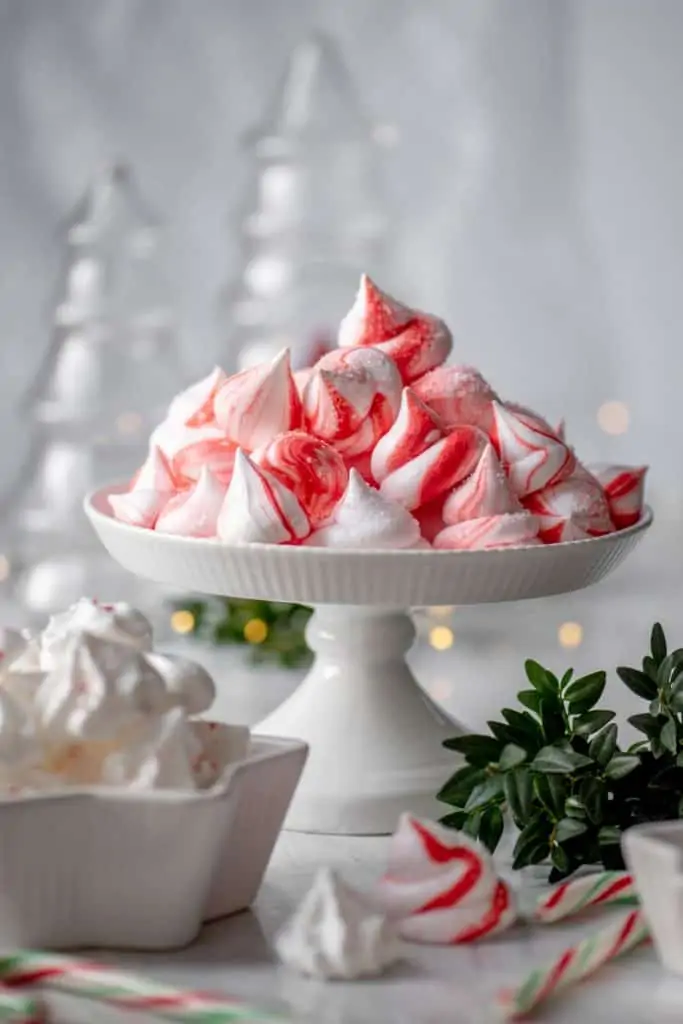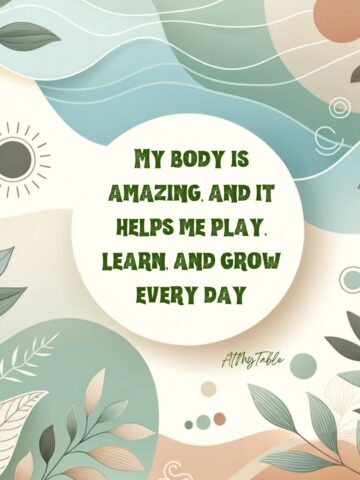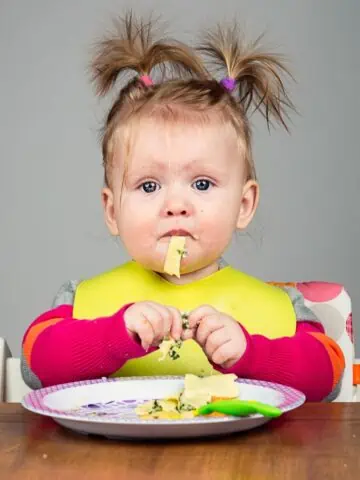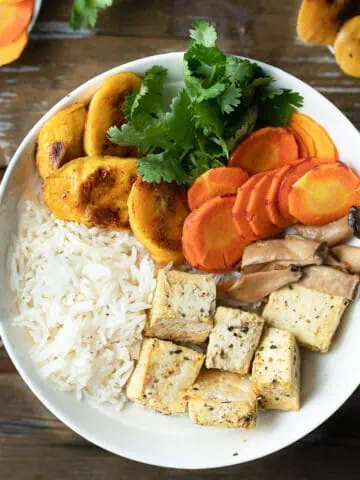As an interfaith family, we are blessed with the opportunity to celebrate Christmas and Hanukkah and teach our children about each one. Despite the challenges, this situation has strengthened my children's understanding and tolerance for how unique and different humans can be.
Clearly we are not a devote Catholic and a devote Jew, or this marriage would have never happened. Instead, we choose to take the parts that resonate with us, making it personal and spiritual in nature. We decided to use our interfaith situation to allow our children the flexibility to learn and choose what resonates with them. You will find what works for your family and that may look a little different, and that's OK.
That being said, here are some tips and guides on how to honor and celebrate both Christmas and Hanukka.
Hot to celebrate Christmas and Hanukkah
The idea of how to celebrate Christmas and Hanukkah, and honouring two religions, didn't occur to us until after our first son was born. As an interfaith family, it is amazing how much grandparents and family members voice their concerns and opinions only after kids come into the picture! My husband and I both knew early on that we wanted to honor and celebrate both of our faith and the customs and traditions we grew up with.
In a world that idolizes and celebrate Christmas so profoundly, we knew getting our kids excited for Hanukkah would be a bit more challenging. We also didn't want to Christma-fy Hanukka and chose instead to keep it its own unique holiday. With that here are some ways we make both celebrations special!
1. Put up decorations for both Christmas and Hannukah
As an interfaith family, this was something we had to work on. It was easy for me to put up a Christmas tree, bring out Jimmy (our Elf on a Shelf), bake sugar cookies and sing Christmas music, BUT, Hanukkah decor was a bit lost on me.
But I found so many ways to decorate our house so that we wouldn't forget that Hanukkah was a special time too. This is much easier when the holidays are apart from one another, but these past years they have occurred simultaneously. So we just had to make room for both decorations to go up at our house.
Take out some dreidels (which my boys play with daily), add the star of David to garlands, add in some blue lights and play the many Hanukkah inspired songs available now (which also happen to be kid favorites).
The important part is to make it fun and have something to represent both. It may be easier for you to add more Christmas decorations or vice versa and that is OK. It doesn't have to be equal to matter.
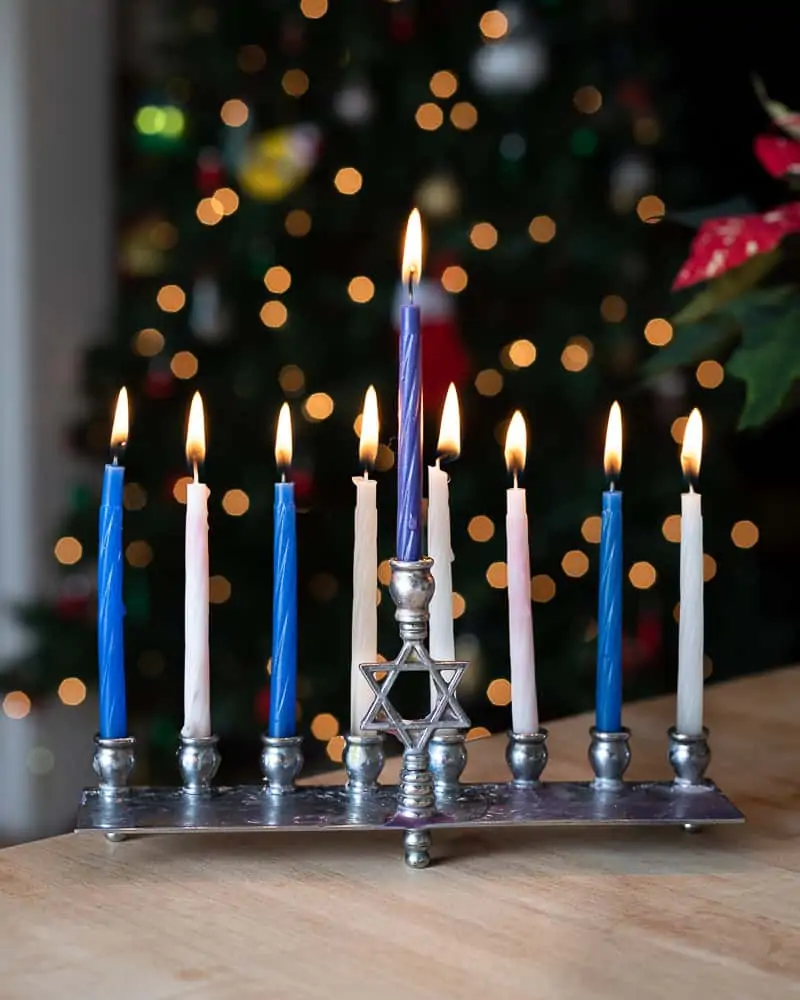
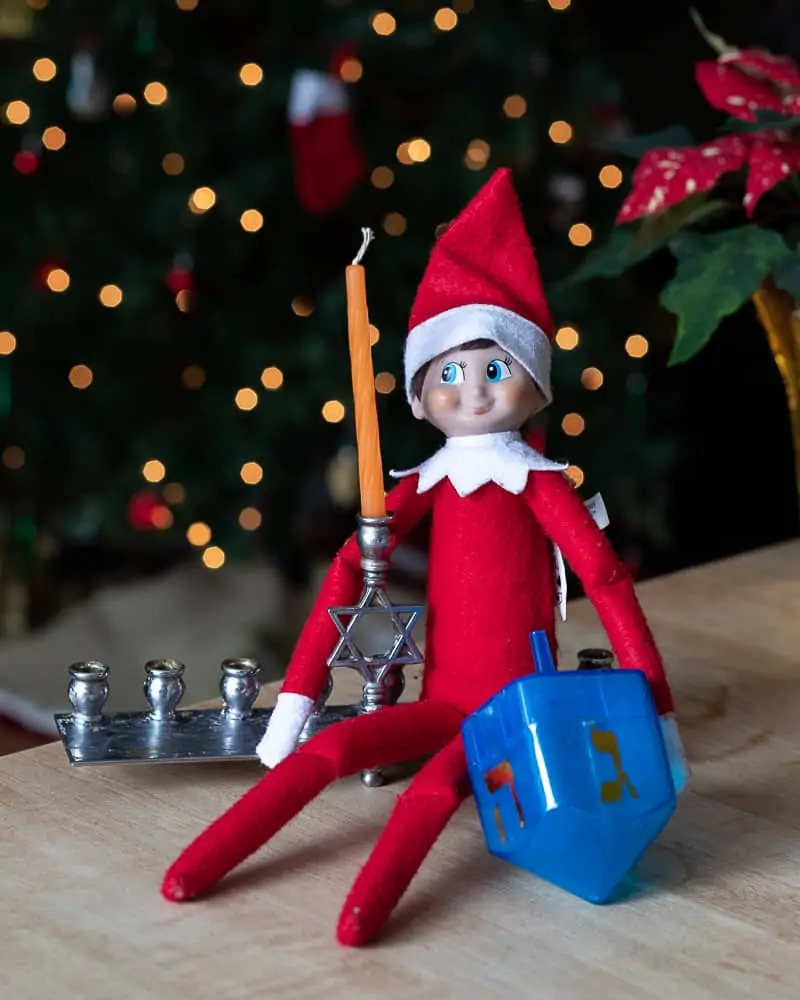
2. Light the Menorah and the Christmas tree
Take the time to make your tree lighting special. We usually have a countdown to flip the switch or celebrate with some hot cocoa and marshmallows (I have a great hot cocoa recipe here). As an interfaith family, you have to try and honour both traditions as much as possible.
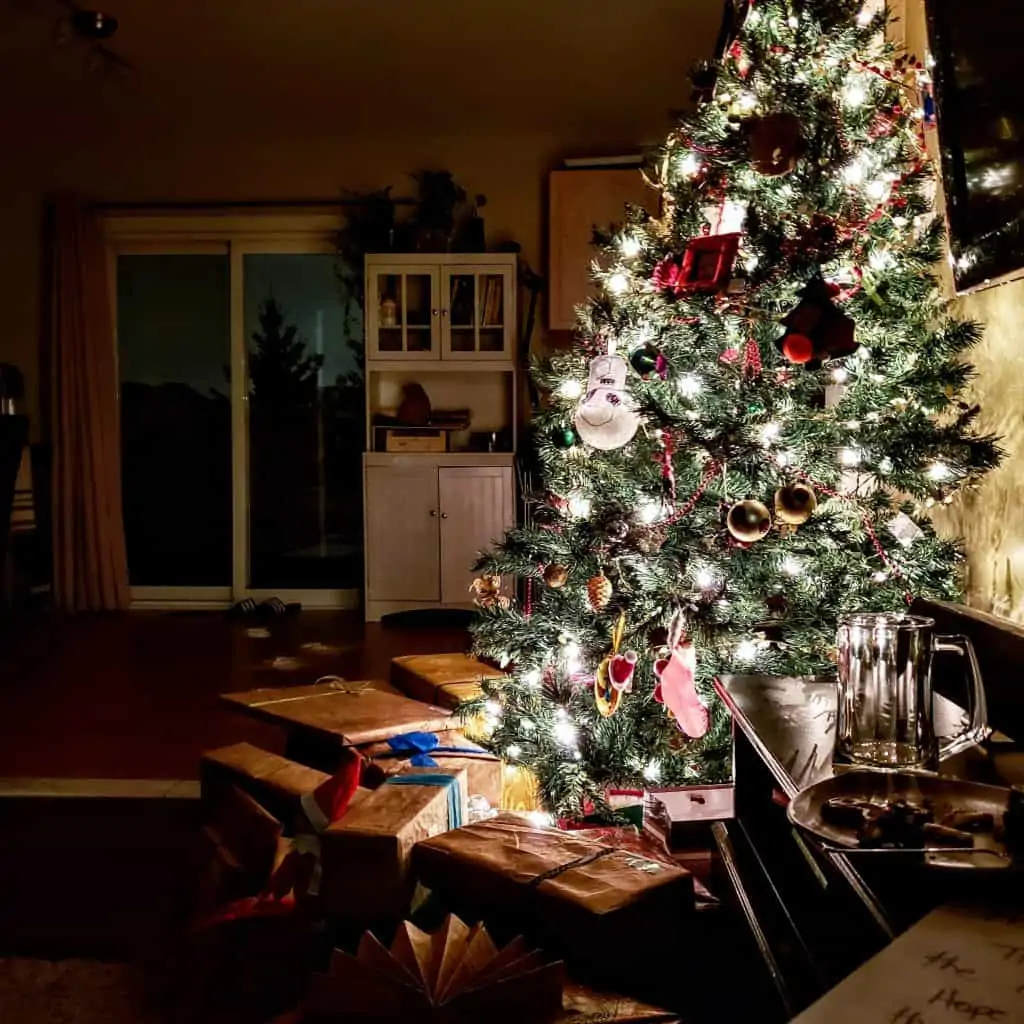
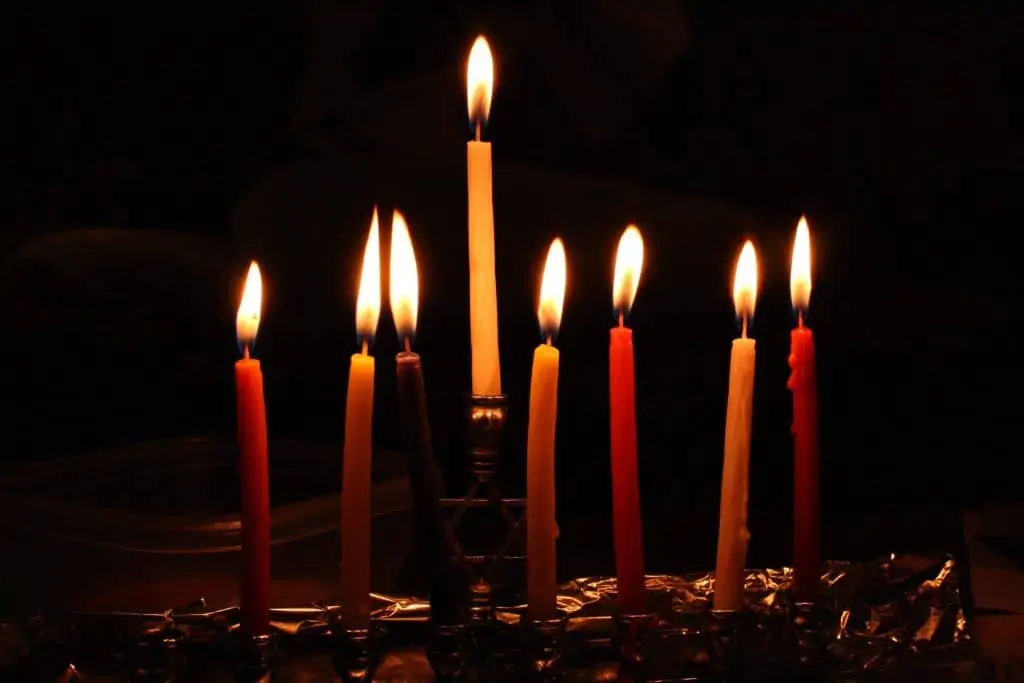
Lighting the menorah is also a very special moment. We say the prayers and chant and then ask our kids to help us light the candle. They love to keep track of which day it as and we sing the dreidel song and play for gelt afterward.
Because Christmas trees are so abundant during December, we really wanted to make the menorah lighting special itself. Create your own family traditions for lighting the menorah and the Christmas tree to help keep everyone excited.
3. Make craft activities for each holiday
This is a fun one. There are soooo many craft ideas out there (just log in to Pinterest in December if you don't believe me)! This week my boys and I made our yearly ornaments, crafts to gift to their teachers and dehydrated some citrus garlands (that just so happen to be a zero-waste decor). But you could make socked snowmen, or cut out stars, make dreidels...
As an interfaith family you have double the opportunity to come up with creative crafts for you kids to participate in.
Citrus Garland Socked Snowman
They love to make a Star of David garland and Jaden made a beautiful Hannukah inspired bookmark for his teacher. Crafts are a great way to get your kid to learn about the traditional decor of each holiday. And it's a great opportunity to teach them the meaning behind each one while you are crafting with them.
4. Give separate Christmas and Hanukkah gifts
Another personal choice tip you can tailor it to fit your interfaith family's structure. I have found it much easier to get everyone excited for each holiday by not combination gifts. We do 8 small gifts or treats for Hanukkah and Santa brings a few gifts on Christmas.
We knew early on that we did not want to overwhelm our kiddos with countless (or thoughtless) gifts just for the sake of tradition. We made that mistake a few years ago and learned quickly that no kid needs that much (and we would run out of real estate real fast!).
What I found works best for my family is to gift one combined family gift each night. We love gifting board games, books, family outings or a special treat. Then at Christmas, along with Santa, we gift each kid 2-3 gifts. By doing this we can keep the gift-giving for each holiday separate and unique without breaking the bank.
After all, Hannuka is not about gift giving! And we want our kids to celebrate the more fundamental parts of these holidays. Family time, connection, and just being grateful for what we have.
If you are looking for unique gift ideas be sure to check out this post, 25 unique gift ideas that just so happen to be eco-friendly!
5. Read books and educate on both traditions
This is a simple one if you have kids. There are so many great books to teach the meaning and story behind each of these holidays. We love the book "My Two Holidays" which teaches the child to embrace their unique situation.
6. Share the meaning behind each holiday
Christmas and Hanukkah both are centered around the celebration of lights, physically and metaphorically. To finding light in darkness represented by lighting candles, stars, and tree lights. Hanukkah specifically is about spreading light, good deeds and clarity each day as you light each candle. Christmas is also a time to reflect on family, and togetherness and helping others that may be in need.
7. Make traditional foods from both Christmas and Hannuka
MY FAVORITE!! Both Christmas and Hannuka have iconic foods surrounding the celebration of these holidays. Gingerbread cookies, potato latkas, cinnamon star cookies, sugar donuts, hot chocolate, matzo-bal soup, candy canes, the list goes on.
Crispy Potato Latkas Classic vegan Matzo-ball soup Vegan Shepherd's pie Classic gingerbread cookies Vegan sugar cookies Vegan peppermint meringues
Here are some recipes to try (since I do not have many of these recipes up I will link a few here)
- Hannukah candy (just use vegan chocolate to keep it plant-based)
- Sugar donuts (use a flax egg and vegan butter and milk)
- Vegan and gluten-free latka recipe
- Easy vegan and gluten- free matzo ball soup
- Classic gingerbread cookies
- Peppermint meringues
- Vegan and gluten-free sugar cookies
- Shepherd Pie
8. On Christmas day postpone Hannuka
This only applies when Hanukkah overlaps with Christmas. This year (2019) the first day of Hannuka starts on December 22st. We celebrate every day but during Christmas day we pause on Hannuka gifts to honor and give way for the Christmas celebrations.
We will still light the menorah but the focus remains on Christmas. Just as we focus on Hannuka during the 8 days of celebration. Of course, this is a personal choice and you must decide what makes sense for your family and yourself. There is not a one size fits all for how to navigate interfaith celebrations.
9. Make a joint dinner to teach acceptance
While most of this blog post has been about separating each holiday to honor the customs of each one, I think teaching and practicing acceptance is just as important. In interfaith marriages, each family will have their own set of beliefs and traditions. Hosting a joint dinner is a great way to bridge any gaps that may form. Or demystify what others may find strange or unknown.
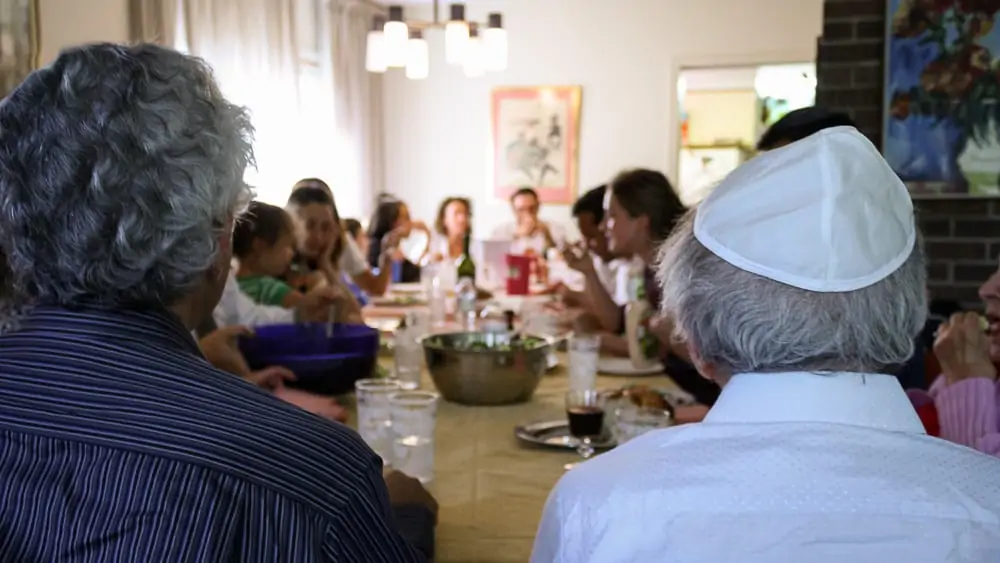
While my husband's family has always been accepting of me (and vice versa), including them in our Christmas dinner or having my parents join in on the Hanukkah customs has helped normalize things tremendously.
It also teaches our kids that despite having different sets of religious beliefs, our family accepts us and is willing to be a part of our lives in all aspects.
Again this may look different for your family. Only you know your unique situation and the tolerance and acceptance your family has. This dinner could look different for you, with friends that may share a different set of customs. You could invite and honor any religious denomination you choose. This is a great opportunity to invite others and have them share their customs, traditional foods or songs.
So can you celebrate both Christmas and Hannukah?
Well if you read this blog then you know you can. With pretty minimal efforts too. These 9 easy steps help to create an atmosphere of inclusions and celebration. Don't forget to focus on the true meaning behind each holiday and not so much on the superficial aspects. Have fun, make crafts, eat good food and have acceptance in your heart for both. If you show this then the people around you will likely follow!
Do you celebrate both holidays? What are some things you find helpful in making both special? I would love to hear them! If you have any questions please leave them below and I will do my best to answer them.
Let's connect!
Follow me over on Instagram (@at.my.table) or Pinterest to see more of my daily life and what I am cooking for dinner. And for more holiday inspired posts be sure to check out:
- How to wrap gifts the eco-friendly way
- 25 unique eco-friendly gift ideas for the person who has everything
LIKE IT, PIN IT


